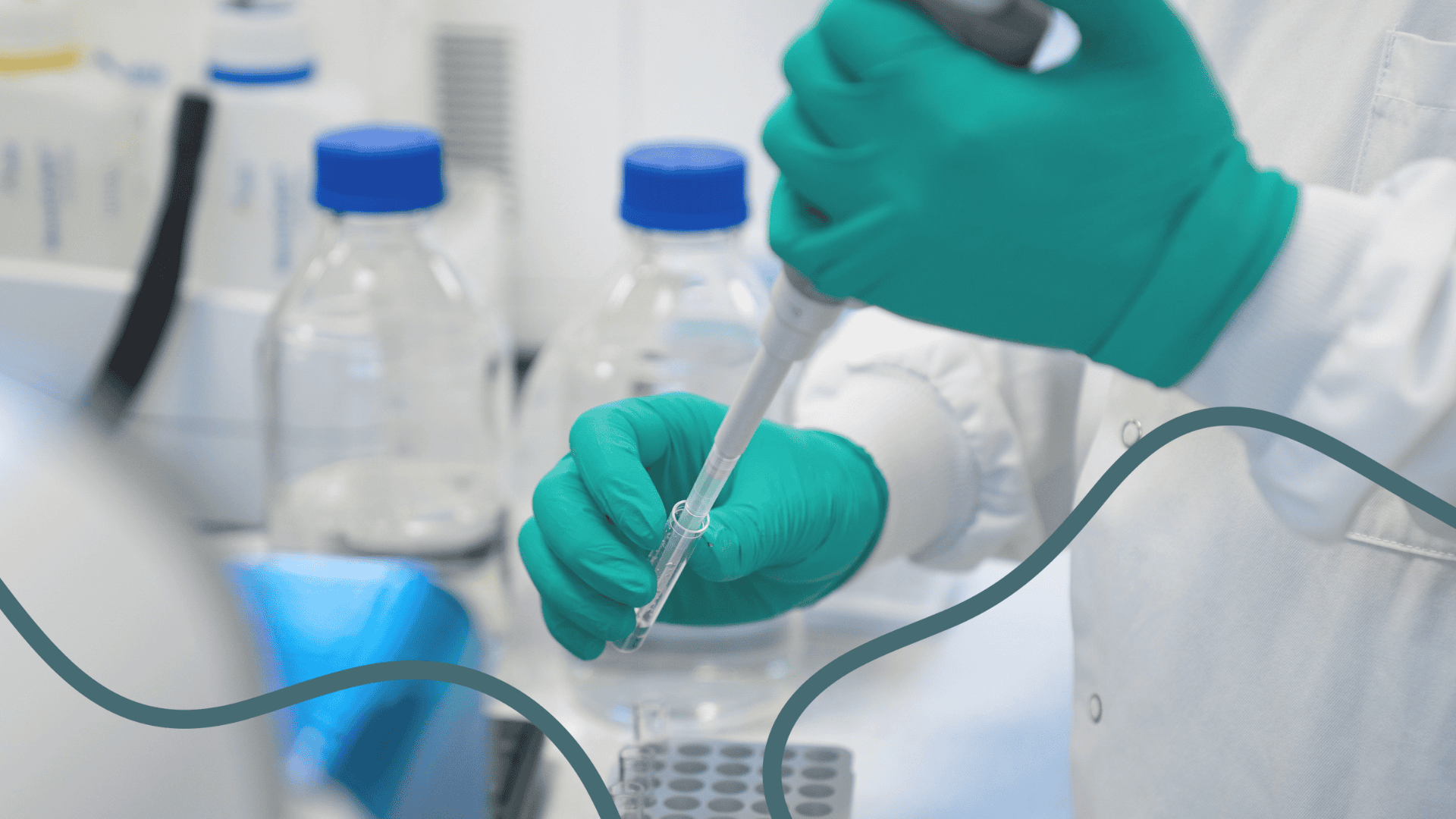Antagonist to agonist: repurposing monoclonal antibodies from cancer to autoimmunity
For Autoimmune Awareness Month, we talked to Dr Luke Muir, Senior Study Manager in our Immunology team about potential treatments for autoimmune disease.

|
March 25, 2025
|
4 min read
The first checkpoint inhibitor, Ipilimumab, was approved in 2011 for the treatment of advanced melanoma. Since then, the FDA has approved a total of 11 checkpoint inhibitors, revolutionising cancer treatment.
Typically high-affinity monoclonal antibodies (mAbs), these inhibitors bind to immune checkpoint proteins preventing receptor-ligand interactions. Under normal conditions, checkpoint molecules regulate immune responses. However, tumours exploit this mechanism by upregulating checkpoint proteins, effectively suppressing the immune response and enhancing their survival.
Targeting these checkpoints has proven effective in cancer immunotherapy and has huge potential for the treatment of autoimmune diseases. In cancer treatment, inhibiting checkpoint function enhances immune activation, enabling immune cells to attack tumours. Conversely, in autoimmune diseases, stimulating these checkpoints has the potential to suppress overactive immune responses, providing therapeutic benefits.

The autoimmunity opportunity
Pharmaceutical companies are recognising the potential of immune checkpoint agonism in autoimmunity. At RoukenBio, we’re witnessing this shift firsthand, with a surge in requests for autoimmune-related projects.
Traditionally, mAb development has prioritised high-affinity binders, assuming stronger binding ensures better therapeutic effects. However, when it comes to inducing receptor signalling or agonism, the role of affinity remains less well understood. It is unclear whether the highest affinity antibodies are necessarily the most effective for stimulating immune checkpoint pathways in autoimmune diseases.
However, a 2023 Nature publication by Yu et al. provides valuable insights into this question, with implications for companies transitioning from cancer immunotherapy to autoimmunity.
The authors investigated how antibody affinity influences the agonistic activity on the immunologically important receptors CD40, 4-1BB and PD-1.
In the first instance the authors generated single, double and triple mutant mAbs with a broad range of bind affinities against CD40, whilst importantly not impacting the epitope the mAbs were targeting. To assess the relationship between affinity and function, CD40-expressing B cells from human CD40 transgenic mice were isolated and monitored for response to CD40 agonism following incubation with the affinity variants. While all CD40 agonist antibodies induced B cell activation and proliferation, the data demonstrated that lower affinity drives increased agonism.
Low-affinity driven agonism could be recapitulated in vivo and was even shown to be of therapeutic benefit in a tumour model. Treatment with the higher-affinity parental anti-CD40 antibody demonstrated modest beneficial effects while a lower-affinity variant drove strong antitumour immunity. Not only did the lower affinity variant cure the mice but established robust immunological memory making the mice resistant to tumour rechallenge.
The data clearly demonstrates a link between lower-affinity and functional receptor agonism – but what is the underlying mechanism? According to the Yu et al study increased receptor clustering seems to be key. By employing a combination of CD40-NFkB reporter cells, hCD40Tg B cells alongside FcR null equivalents, and CD40-GFP expressing Jurkat cells, in a range of elegant bioassays and microscopy studies, agonism observed with lower-affinity mutants was demonstrated to increase receptor clustering, leading to stronger signalling independent of Fc receptor engagement. These findings were further extended to 4-1BB, another TNF receptor family co-stimulatory target in cancer immunotherapy.

Addressing autoimmunity in humans
Finally, the authors explored whether their findings extended beyond TNF receptors, by investigating the impact of antibody affinity on PD-1, a non-TNFR immune checkpoint receptor. Nivolumab is a well-established antagonistic anti-PD-1 mAb that blocks PD-1 signalling, representing a major breakthrough in cancer immunotherapy.
Consistent with their earlier findings looking at TNF receptor family targeting, lower-affinity anti-PD-1 monoclonal antibodies induced greater PD-1 signalling through enhanced receptor clustering. By generating a panel of Nivolumab mutants with varying affinities for PD-1, the authors show that down-tuning the affinity of this potent checkpoint antagonist, switched on agonist activity. Low-affinity variants of anti-PD-1 mAb drove enhanced PD-1 signalling, which in turn induced suppression of T cell activation. In essence, affinity engineering switched a potent PD-1 antagonist into an agonist with potential for use in treatment of autoimmune diseases.
Key takeaways
This study provides valuable insights into the role of antibody affinity in both receptor blockade and agonism. Traditional mAb screening platforms are typically designed to identify and prioritise the highest-affinity antibodies. However, these findings suggest that this approach may overlook antibodies with unique functional properties that could be relevant for different disease states.
At RoukenBio, the Immunology CRO redefined we’re well-equipped to support affinity measurements and provide a range of assays to evaluate the functional impact of your molecule — whether it’s intended for receptor blockade or designed to drive receptor agonism.
Join our community of curious minds on LinkedIn
🗓️ Stay informed with our monthly scientific newsletter, published on LinkedIn on the last Wednesday of each month.
These editions bring you the latest in drug development breakthroughs, industry trends, and expert insights from the brilliant minds at RoukenBio.
Subscribe today on LinkedInInterested in our autoimmunity assays?
At RoukenBio, we offer tailored solutions to meet the specific needs of your unique therapeutic programs across immuno-oncology, autoimmune diseases, inflammation or allergy. Our in vitro models closely mimic disease biology, generating meaningful data for informed decision-making.
Discover our capabilities
